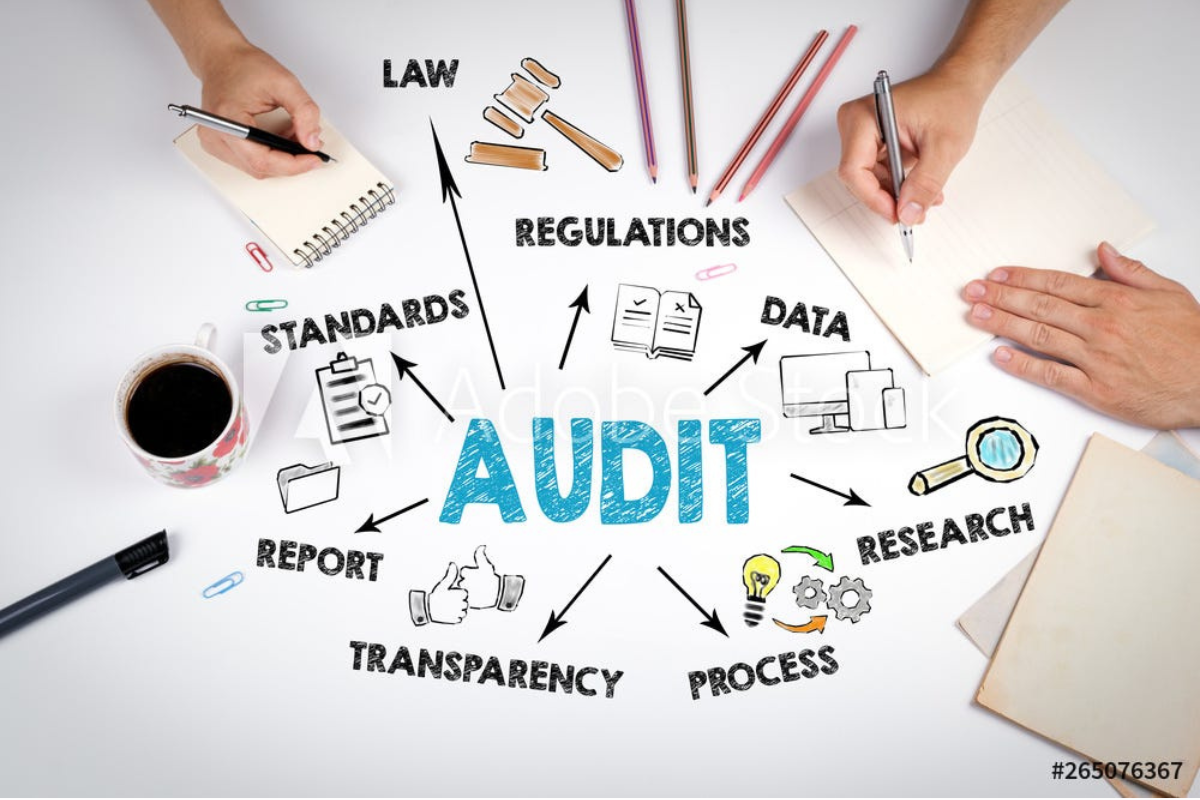Navigating the complexities of tax laws can be overwhelming for businesses. However, implementing effective tax optimization strategies is crucial for minimizing tax liability, maximizing deductions, and enhancing overall financial efficiency. This comprehensive guide will explore various tax optimization strategies that can help businesses achieve significant savings and maintain compliance with tax regulations. Whether you run a small business or a large corporation, these strategies will provide valuable insights to improve your tax planning and financial management.
Tax Optimization Strategies for Businesses
Understanding Tax Optimization
What is tax optimization?
Tax optimization involves structuring your business activities and finances in a way that minimizes your tax liability. This includes taking advantage of tax deductions, credits, and favorable tax treatments while ensuring compliance with tax laws.
Benefits of tax optimization
Effective tax optimization can lead to significant cost savings, improved cash flow, and enhanced financial stability. By strategically planning your taxes, you can reinvest savings into your business, support growth initiatives, and increase profitability.
Choosing the Right Business Structure
Sole proprietorship
For single-owner businesses, a sole proprietorship offers simplicity but comes with personal liability. Understanding the tax implications and liability risks is crucial for making an informed decision.
Partnership
Partnerships allow for shared responsibility and resources but require careful planning to handle tax obligations and profit sharing among partners.
Limited liability company (LLC)
An LLC offers flexibility and limited liability protection. It allows for pass-through taxation, where business income is reported on the owner's personal tax returns, avoiding double taxation.
Corporation
Corporations provide limited liability and the ability to raise capital through stock sales. However, they are subject to double taxation—taxes on both corporate profits and shareholder dividends. Understanding the nuances of C-corporations and S-corporations can help determine the best structure for tax purposes.
Maximizing Deductions
Business expenses
Deductible business expenses include costs incurred in the ordinary course of running your business. These can include office supplies, utilities, rent, and salaries. Keeping detailed records and receipts is essential for substantiating these deductions.
Depreciation
Depreciation allows businesses to deduct the cost of tangible assets over their useful life. Utilizing accelerated depreciation methods, such as Section 179 expensing and bonus depreciation, can provide significant tax benefits.
Home office deduction
For businesses operated from home, the home office deduction can be a valuable tax-saving tool. Ensure that the home office space is used exclusively and regularly for business purposes to qualify for this deduction.
Utilizing Tax Credits
Research and development (R&D) tax credit
The R&D tax credit incentivizes businesses to invest in innovation and development. Qualifying activities can include developing new products, improving existing ones, and creating new processes.
Work Opportunity Tax Credit (WOTC)
WOTC provides tax credits to businesses that hire individuals from targeted groups, such as veterans, long-term unemployed, and individuals receiving certain types of public assistance.
Energy-efficient tax credits
Businesses investing in energy-efficient equipment and renewable energy sources may qualify for various tax credits. These incentives not only reduce tax liability but also promote sustainability.
Implementing Tax-Deferred Retirement Plans
401(k) plans
Offering 401(k) plans allows employees to save for retirement while providing tax benefits for employers. Contributions are tax-deferred, reducing taxable income for both the business and employees.
Simplified Employee Pension (SEP) IRAs
SEP IRAs are a cost-effective retirement plan option for small businesses. Contributions are tax-deductible, and the plans offer flexibility in contribution amounts.
Solo 401(k) plans
For self-employed individuals, solo 401(k) plans provide high contribution limits and tax-deferred growth. These plans are ideal for maximizing retirement savings and reducing current tax liability.
Effective Use of Tax Losses
Carrying forward losses
Net operating losses (NOLs) can be carried forward to offset future taxable income, reducing tax liability in profitable years. Understanding the rules and limitations of NOL carryforwards is essential for strategic tax planning.
Carrying back losses
Certain businesses may elect to carry back NOLs to previous tax years, obtaining refunds for taxes paid in those years. This strategy can provide immediate cash flow benefits.
Strategic Income Timing
Accelerating income
In some cases, it may be advantageous to accelerate income into the current tax year to take advantage of lower tax rates or anticipated changes in tax laws.
Deferring income
Conversely, deferring income to a future tax year can reduce current tax liability, especially if lower tax rates are expected. This strategy requires careful planning and consideration of cash flow needs.
Tax-Efficient Investment Strategies
Capital gains tax planning
Strategically managing capital gains can significantly impact your tax liability. Consider timing the sale of assets to take advantage of favorable tax rates and loss harvesting opportunities.
Dividend income
Qualified dividends are taxed at lower rates than ordinary income. Investing in dividend-paying stocks and holding them for the required period can provide tax-efficient income.
State and Local Tax Considerations
Nexus and tax obligations
Understanding nexus laws is crucial for determining state and local tax obligations. Nexus refers to a business's physical or economic presence in a state, which can trigger tax filing requirements.
Sales tax compliance
Ensure compliance with sales tax regulations by understanding which goods and services are taxable and maintaining accurate records of sales transactions.
Property tax strategies
Regularly review property tax assessments and appeal them if they appear inaccurate or excessive. Taking advantage of property tax exemptions and abatements can also reduce tax liability.
Leveraging Professional Advice
Hiring a tax professional
Tax professionals, such as certified public accountants (CPAs) and tax attorneys, can provide valuable insights and guidance. They help ensure compliance, identify tax-saving opportunities, and navigate complex tax laws.
Utilizing tax software
Tax software can streamline the tax preparation process and reduce the risk of errors. Many software solutions offer features like deduction tracking, tax form generation, and e-filing capabilities.
Staying Compliant with Tax Laws
Keeping accurate records
Maintaining detailed and accurate records is essential for substantiating deductions, credits, and other tax benefits. Implement a robust record-keeping system to track income, expenses, and financial transactions.
Understanding tax deadlines
Stay informed about federal, state, and local tax deadlines to avoid penalties and interest charges. Utilize tools like tax calendars and reminders to ensure timely filing and payment.
Tax Planning for International Operations
Transfer pricing
For businesses with international operations, transfer pricing involves setting prices for transactions between related entities in different countries. Adhering to transfer pricing rules ensures compliance and minimizes tax liabilities.
Foreign tax credits
Foreign tax credits can help reduce double taxation for businesses operating internationally. Understanding eligibility requirements and limitations is crucial for maximizing these credits.
Managing Tax Audits and Disputes
Preparing for an audit
Preparation is key to managing tax audits. Maintain organized records, understand the audit process, and respond promptly to IRS inquiries. Hiring a tax professional can provide support and representation during an audit.
Resolving tax disputes
If a tax dispute arises, explore resolution options such as mediation, appeals, and settlement agreements. Understanding your rights and obligations can help you navigate disputes effectively.
Conclusion
Effective tax optimization is essential for businesses seeking to minimize tax liability and maximize financial efficiency. By implementing the strategies outlined in this guide, businesses can achieve significant tax savings and support their growth objectives. Regularly reviewing and updating your tax planning approach ensures compliance with tax laws and adapts to changes in your business environment.


